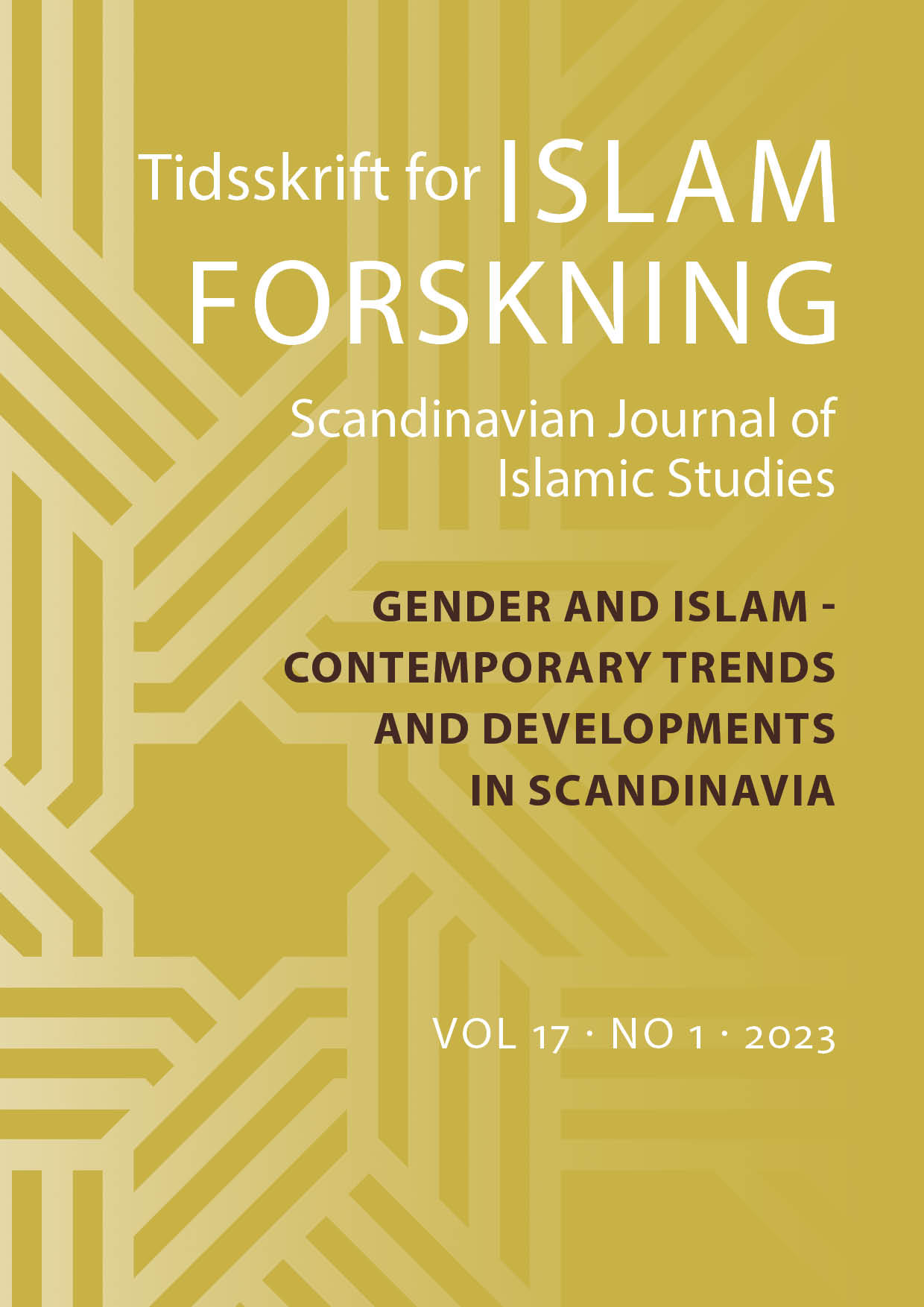Called to Being Religious Muslims
The Religification of Turkish Women in Norway
DOI:
https://doi.org/10.7146/tifo.v17i1.137277Keywords:
religification, Turkish, women, prejudice, stereotype, Norway, first generationAbstract
This paper describes the process of religification through which assumed religious affiliation, rather than other identifications, becomes the main category of identity that Norwegian society uses to identify Turkish women living in Norway. Depending on semi-structured, in-depth interviews with 41 first-generation Turkish women migrants living in Drammen and Oslo, the paper first demonstrates the variety in religious belief, identification, and adherence to religious practices among them. Secondly, it shows how their daily encounters in Norwegian society are largely shaped by the fact that Turkish womenv are primarily assumed to be religious Muslims. Many of these women feel uncomfortable being exposed to questions about religion yet, ironically, in a sense, they feel that they are being called to be more religious Muslims in the context of Norway. When they seem to diverge from the stereotype, they are told that they are not like Turks/other Turks. However, although all these women seem to differ from the stereotype, rather than leading to changes in the stereotype, they are considered exceptions.
Downloads
Published
How to Cite
Issue
Section
License
Copyright (c) 2023 Scandinavian Journal of Islamic Studies

This work is licensed under a Creative Commons Attribution-NonCommercial-ShareAlike 4.0 International License.
Scandinavian Journal of Islamic Studies publish under creative commons license BY-NC-SA.





